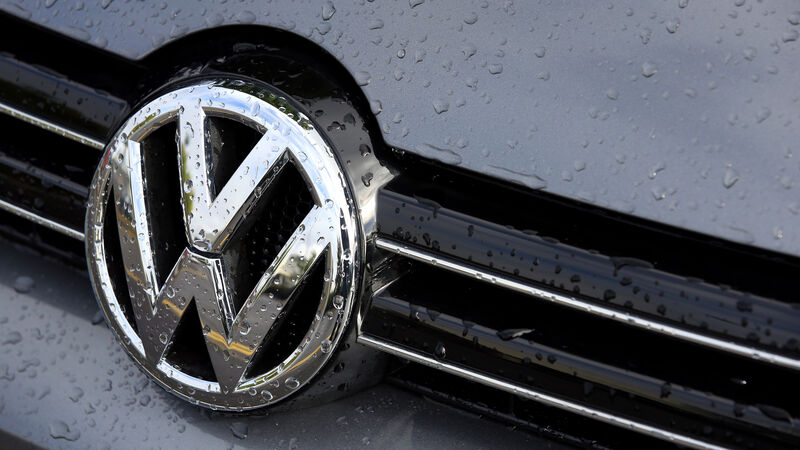Supply shortage puts brakes on car giants

The chip shortage continues to weigh on car firms, with 1.4 million less vehicles produced across VW and Stellantis in the third quarter.
The global semiconductor chip shortage cost Volkswagen and Stellantis a combined 1.4 million vehicles in lost production in the third quarter, Europe's two biggest carmakers said, though both reported some early signs of improvement.
Volkswagen, Europe's top car company and also the world's number two, cut its outlook for deliveries, toned down sales expectations and warned of cost cuts as it reported lower-than-expected quarterly operating profit.











